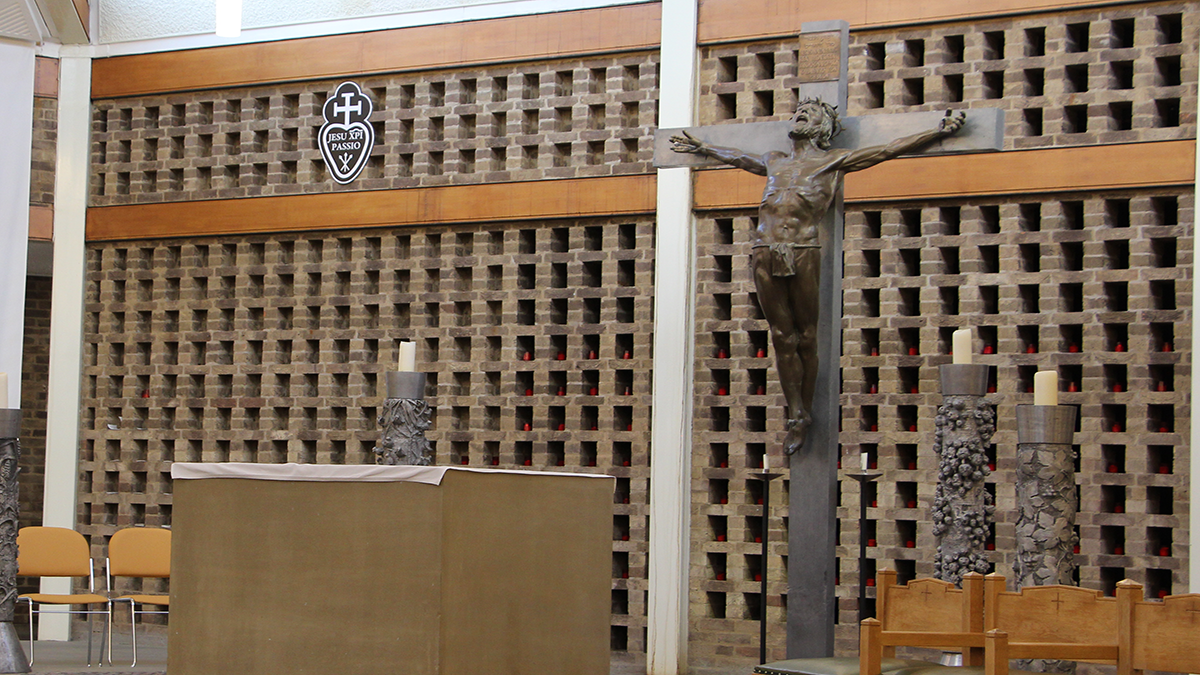
Must a Christian believe Christ walked on water, cured the sick and rose from the dead? If so, what evidence do we have that such things happened? If not, why believe that Christ was divine? I recently answered those questions in my keynote lecture at the ‘Science, Faith and Superstition’ Conference, hosted by the University of Belgrade.
Why are Christ’s miracles important? Many religious and non-religious people agree, as a matter of historical fact, that a human resembling Christ existed and taught valuable lessons. Many also agree that Christ was only a human philosopher. Christians believe that Christ was more than that – he was, and is, God. Their evidence for this, among other things, is the biblical reports of Christ’s miracles.
Miracles are hard to believe, partly because similar reports of supernatural events are often accountable to the deceiving nature of our senses and the deceiving nature of other people. Upon hearing such reports, we ask what is more likely: a ghost haunts a hotel, half-asleep guests misheard something, or a hotel owner concocted a money-making scheme?
If on occasions like these we side with doubt, then why make the reports of Christ’s miracles an exception? The miracle of Christ’s resurrection is fundamental to Christianity, but if it’s unreasonable to believe in miracles, then it's unreasonable to be Christian.
In ‘Of Miracles’, David Hume makes several arguments like this that aim to prove that testimonial evidence is never sufficient to establish belief in a miracle. I covered a more thorough presentation of his argument in my talk, which can be watched online. In short, he concludes we should sooner believe that testimonial evidence is faulty and dismiss the belief than admit that a miracle happened.
Despite this, Hume claims that he isn’t challenging Christianity but in fact, defending it. This is because he thinks that Christianity is based on faith, not reason or evidence. The point here is that having weak evidence isn’t a problem if evidence is not essential. If Christianity stands on faith and not reason or evidence, then miracles must do something other than provide evidence that aims to change a person’s mind. Many find it hard to interpret Hume in this way.
My research supports interpreting Hume in that way by comparing and analysing Hume’s views alongside those of Austrian philosopher Ludwig Wittgenstein. I argue that Hume and Wittgenstein are not always concerned with proving or disproving things, but with observing and describing how things are. They want to show us how we think, believe and experience things, even if our thoughts, beliefs and experiences are questionable. The same applies here with Christianity. Hume is not attempting to undermine the reasonability of Christianity but is instead attempting to show us that, if it were based on evidence and reason, then it would be a superstitious delusion. Therefore, if Christianity is not a superstitious delusion, then it must be based on something else – and that something else is where ‘faith’ comes into play.
I argue that Wittgenstein agrees with this, but unlike Hume, he gives insight and detail into what faith is, how it works, and how miracles relate to it. For Wittgenstein, miracles are not events that happen in the external world, but events that happen inside human life. A miracle is a transformative experience that brings about a different point of view. This process is not accountable to rational facts, but something else: faith.
My research argues that, taken together, Hume and Wittgenstein remind Christians that Christ came to save souls through faith, not change minds through reason.
Dr David Ellis is a Lecturer in Philosophy, Ethics and Religion at Leeds Trinity University.